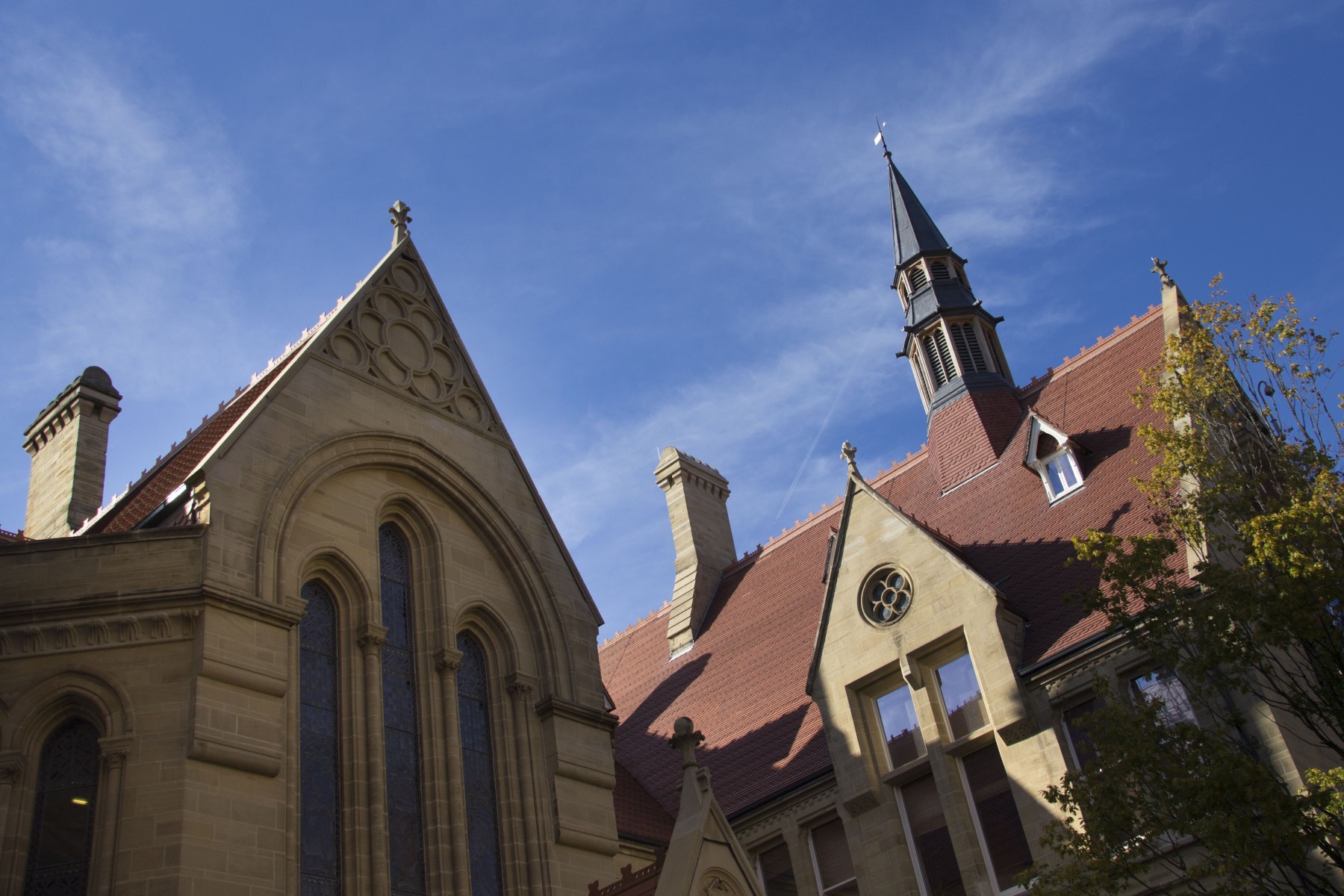Centre for Development Informatics begins new collaborative project on the digital gig economy in South Africa
There are millions of platform workers globally, doing work outsourced or organised via digital platforms or apps in the gig economy. Previous research has shown that platforms often operate in relatively unregulated ways, and can encourage a ‘race to the bottom’ in terms of workers’ ability to defend existing jobs, liveable wages, and dignified working conditions.
The potentials and risks of platform work touch down starkly in South Africa, a country that, by some measures, has the world’s highest income inequality, and 28% unemployment rates. The country’s well-developed internet infrastructure has brought a flood of potential platform workers online in search of opportunities.
A new project run by a coalition of law and social science researchers from the UK and South Africa aims to prevent the ‘race to the bottom’ in the digital gig economy, by establishing how policy and practice around platform work can help support worker’s rights. This will include the development of a Code of Practice and a ‘Fairwork Foundation’, which will operate much like the Fairtrade Foundation for goods and products.
“In South Africa, digital platforms provide work for tens of thousands of physical gig workers like taxi drivers or domestic cleaners, and hundreds of thousands of digital gig workers doing anything from picture tagging to app programming,” says Professor Richard Heeks, project co-investigator and Director of the Centre for Development Informatics, University of Manchester. “Ensuring decent work standards of pay, conditions and management will help reduce the inequalities that are arising as platform work expands across the global South.”
Professor Richard Heeks is a member of the Fairwork Foundation project team, and will be co-leading the project’s social science field research with Professor Jean-Paul van Belle of the University of Cape Town.
The project will be delivered in five stages, aiming for completion at the end of 2020. As part of the project, a post-doctoral fellowship at the University of Cape Town is currently open for applications.
The project is funded by the UK Economic and Social Research Council as part of its GCRF New Models of Sustainable Development programme.


